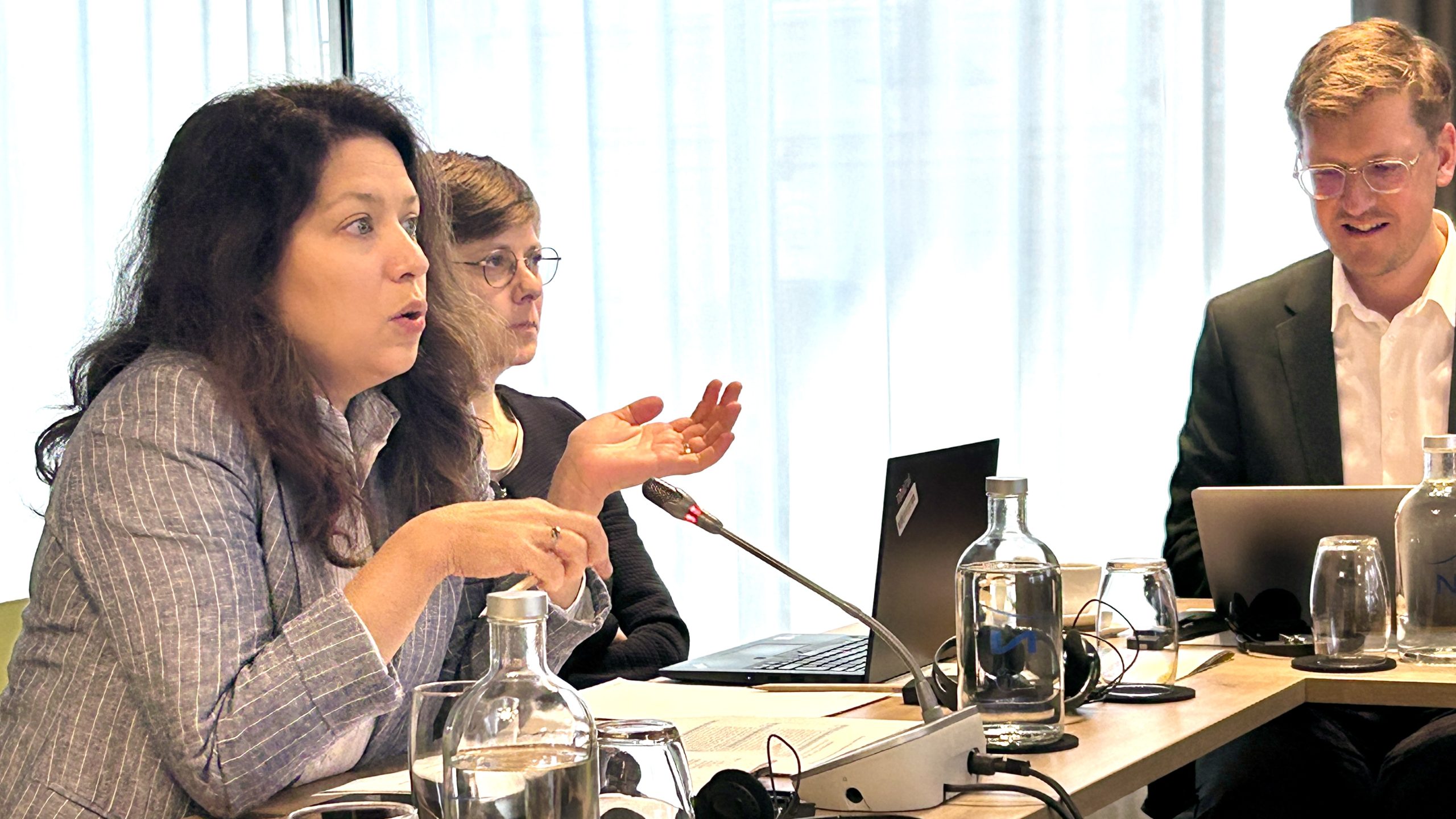Case studies, District heating, Municipal buildings and facilities, Others, RES, Residential buildings, Street lighting, Transport
CoM East Board meets in Vilnius to review progress and plan beyond 2025

The 3rd Board Meeting of the Covenant of Mayors-East (CoM East), chaired by the European Commission, took place in Vilnius on 1-2 July 2025, gathering key stakeholders from Armenia, Azerbaijan, Georgia, Moldova, and Ukraine. The meeting took place at a crucial time – CoM East approaches its 15th anniversary in Eastern Partnership region and anticipates an extension of the current phase, while climate goals grow more ambitious and geopolitical conditions across the region continue to shift.
The meeting opened with a welcome from the City of Vilnius, where Anton Nikitin, Chief Sustainability Officer, shared the Lithuanian capital’s vision for climate neutrality and its bold urban climate agenda. Darya Mustafayeva, Programme Manager at the Regional Strategy and Investment Unit of the European Commission’s DG ENEST (formerly DG NEAR), provided an update on the EU’s strategic objectives for regional cooperation, including upcoming priorities relevant to CoM East activities and signatories’ commitments. Christophe Frering, CoM East Team Leader, together with other colleagues, updated CoM East Board members on recent developments and further plans of the project.
National experts jointly with CoM stakeholders presented SWOT analyses, offering insights into each country’s strengths, weaknesses, opportunities, and threats related to the implementation of CoM East commitments. Common challenges emerged across the region, including a lack of local technical capacity and practical tools for SECAP implementation (especially for adaptation projects), limited funding access, and overreliance on donors’ support, as well as overall political and external uncertainties. Discussions explored pathways for regional solutions, improved flexibility, and stronger national–local collaboration.
As part of the learning programme, participants visited Vilnius’ combined heat and power plant and its modern wastewater treatment facility to explore the city’s green solutions in action.
Vilnius Combined Heat and Power Plant No. 2 is one of the largest and most historically significant energy sites in the Baltic. This biomass-powered facility supplies energy to much of the city, combining century-old infrastructure with modern engineering. Delegates explored how biofuels are transformed into power and how circular economy principles are applied at scale.
The wastewater treatment facility is one of the most advanced of its kind in the Baltic. Thanks to reconstruction efforts, purification processes are now six times more efficient than before. The facility uses bacteria-based filtration and micro-cleaning to treat water before safely returning it to the Neris River and Baltic Sea. Moreover, extracted sludge is utilised for biogas production and the production of additional renewable energy. Remained products are also used, making the entire cycle circular.
As CoM East enters the final stage of its current phase and sets its sights on continuing into future phases, the 3rd Board meeting reaffirmed the commitment to ambitious climate goals, peer learning, and regional cooperation. Yet, it also became increasingly clear that while the participating countries are united under the Eastern Partnership umbrella, the diversity of national contexts is growing. While united by common goals, countries encounter different challenges that could shape the pace and scope of climate policy implementation. These differences should be recognised and reflected more clearly in future action plans and regional activities. Turning strategies into action—and action into long-term impact—will require even more tailored support, flexible approaches, and stronger coordination at all levels.
